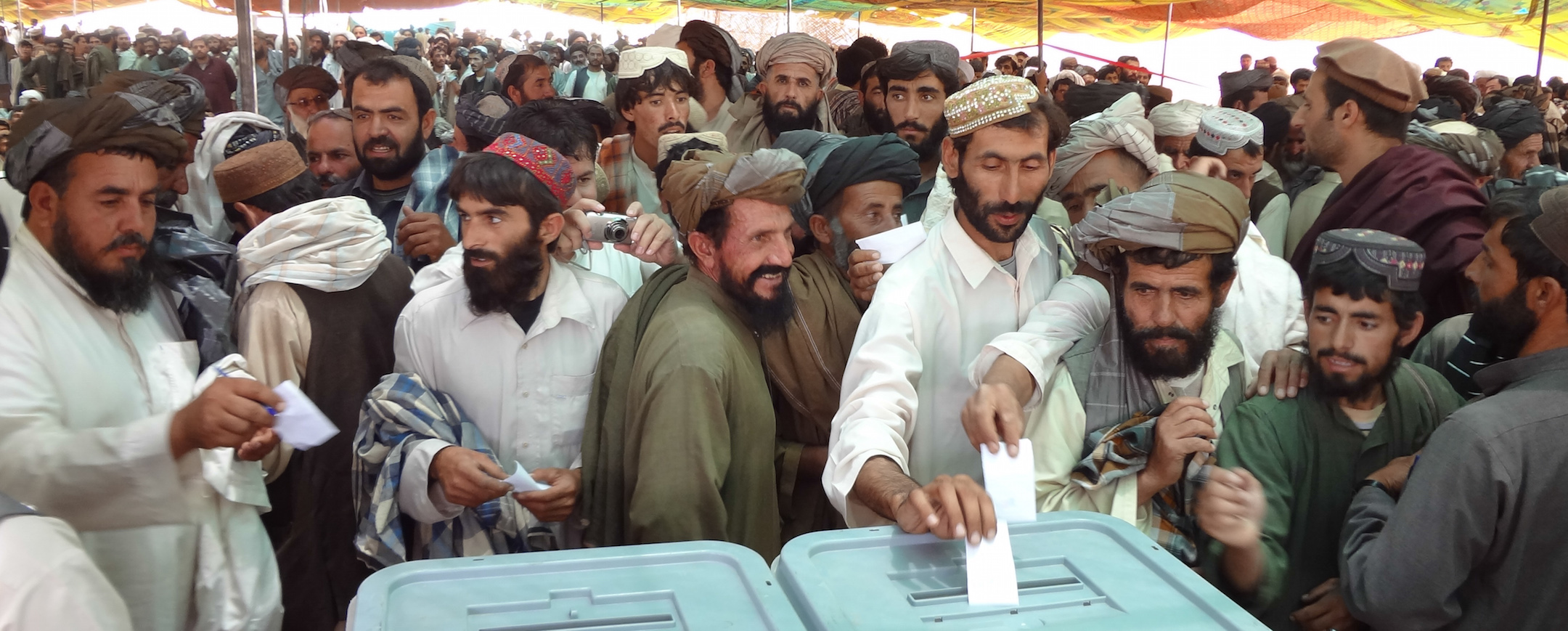The political process in the United States may seem rough-and-tumble at times, but at least U.S. voters can rest assured that their elections will be free of violence. This is not the case in many countries, however: violence affected more than 120 of the nearly 600 presidential and parliamentary elections held around the world between 1985 and 2005, according to UC Berkeley researcher Leonardo R. Arriola, who led a Social Science Matrix prospecting seminar focused on “Electoral Violence in Developing Countries".
As explained in the initial funding proposal, this seminar sought to “explore different means for measuring electoral violence and assessing whether violence complements or substitutes for non-violent electoral malpractices like fraud or vote-buying, and whether these dynamics are different in post-conflict contexts compared to other contexts.” Bringing together researchers from diverse fields of study, including anthropology, political science, peace and conflict studies, economics, environmental science, geography, and public policy, the seminar examined research on electoral violence from different conditions and contexts.
“Most countries around the world have adopted democratic constitutions over the past three decades, but peaceful political competition has yet to become a norm in many of these countries,” the organizers noted. “The resulting dialogue over the course of the five meetings during the Spring 2015 semester will provide a foundation for understanding the causes and consequences of electoral violence in a way that individual disciplines have not been able to achieve thus far."
